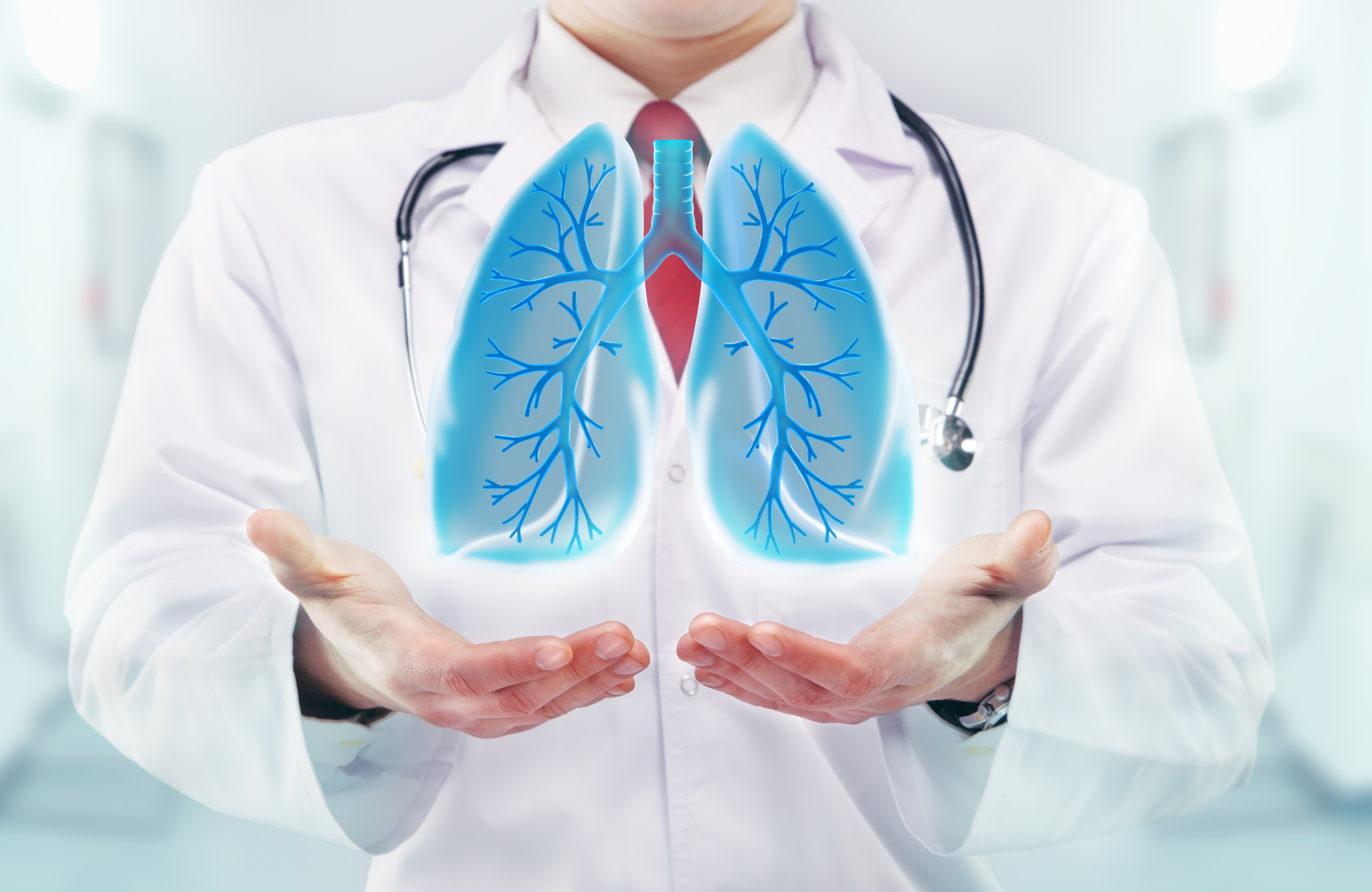MediciNova to Begin Phase 2 Clinical Trial on MN-001 (Tipelukast) for Treatment of Moderate to Severe IPF
Written by |

MediciNova Inc., a biopharmaceutical company focused on small-molecule therapeutics for the treatment of diseases with unmet medical needs, recently announced the start of a Phase 2 study on its product MN-001 (tipelukast) as treatment for patients with a diagnosis of moderate to severe idiopathic pulmonary fibrosis (IPF).
IPF is defined as a chronic, progressive disease of unknown cause, primarily occurring in older adults, and being limited to the lungs. It is characterized by scarring of the lungs, which compromises the transport of oxygen. The clinical symptoms of IPF are nonspecific and can be shared with many pulmonary and cardiac diseases. Most patients present with a gradual onset of exertional dyspnea and/or an unproductive cough. IPF is estimated to affect around 128,000 individuals in the United States. The disease has a poor prognosis and no cure.
MN-001 (tipelukast) is a novel, orally bioavailable small molecule compound thought to exert its effects through several mechanisms ultimately inducing an anti-inflammatory and anti-fibrotic activity.
“We are very pleased to have completed the IRB [Institutional Review Board] review period and the agreement with Penn State and look forward to initiating patient enrollment this Fall.” commented Yuichi Iwaki, MD, PhD, President and Chief Executive Officer of MediciNova in a recent press release. “MN-001 development is addressing an unmet medical need in targeting the most severely afflicted IPF patients.”
The Phase 2 study is a 6-month, randomized, double-blind, placebo-controlled, single-center trial followed by an open-label extension study that will assess the safety, efficacy, and tolerability of MN-001 in patients with moderate to severe IPF.
About fifteen eligible patients will be assigned at random to receive treatment with MN-001 (750 mg) or a placebo, which will be orally administered two times per day for a period of 26 weeks. Following the accomplishment of the double-blind period, patients will take part in the open-label extension (OLE) study for more 6 months.
Patients who are assigned into the placebo group will receive MN-001 750 mg two times per day for the rest of the OLE study phase. Patients who are assigned to the MN-001 group will remain on MN-001 for another 6 months. Within four weeks after the last dose, patients will have a follow-up visit.
The study primary efficacy outcomes are the assessment of MN-001 effect on 1) the baseline change of forced vital capacity (FVC) and FVC% predicted up to 26 weeks, and 2) the semiannual rate of IPF activity reduction based on FVC. The secondary outcomes are the tolerability and safety of the drug, baseline change on IPF activity based on the Modified Medical Research Council Dyspnea Score (MMRC), frequency of IPF worsening, the semiannual rate of disease activity decline based on the 6-minute walk test (6MWT), baseline change on quality of life (QOL), and time to initial IPF worsening.
Based on the results from previous clinical trials on the compound, the FDA has approved the start of this Phase 2 clinical trial as the first study of MN-001 in patients with moderate to severe IPF. The study was filed under MediciNova’s open IND (Investigational New Drug Application) in the Division of Pulmonary, Allergy, and Rheumatology Products (DPARP) of the FDA.
MN-001 has previously received a FDA granted orphan-drug designation for the treatment of IPF. This designation provides MediciNova with 7 years of marketing exclusivity on MN-001 if the drug is approved. The FDA has also granted a Fast-Track Designation to MN-001 for IPF treatment, which accelerates the process of drug development and review between the FDA and the sponsor.






